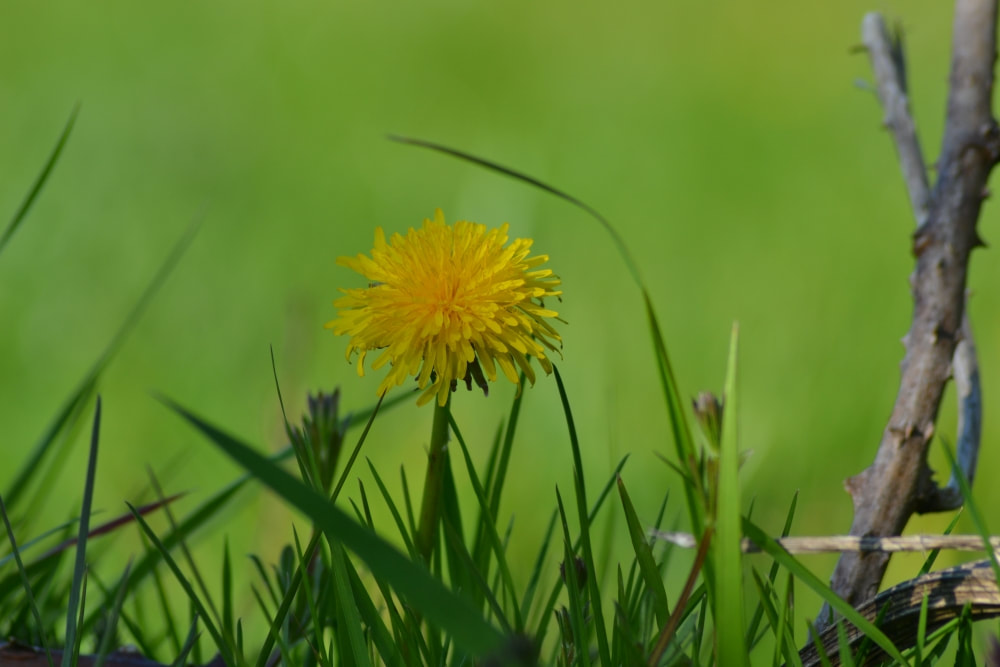What is Energy?
There are hundreds of actual and potential answers to this question, but, as Kinesiology involves 'Energy Medicine', I'll add my answer to the mix!
From a physical point of view, energy is generated in the body from the oxidation of nutrients. Inadequate nutrient availability, or something amiss with the process, will result in symptoms of 'lack of energy'. From an emotional view, negative feelings like apathy and depression can result in a lack of energy too - interesting, because how can we define a thought or emotion other than saying it is an energy pattern?
Although being constantly created and transformed, this 'body energy' is invisible, yet travels through us along designated channels. The internal strength and flow of the energy is evident through our physical and emotional health and personality.
Ancient medicine traditions place great emphasis on the importance of keeping the subtle energy systems flowing. The Pranayama of the yogis (Prana - vital energy or life force; yama - control), the Chi in Traditional Chinese Medicine, flowing along the meridian channels. Physical exercises like Yoga and Qi Gong are designed to activate, and maintain, subtle energy flows.
The oriental philosophy describes the energy as magnetic and being expressed as positive and negative polarities - the Yang and the Yin. The meridians that carry the energy follow pathways and relate to specific organs and systems, as well as being the interface between the physical, emotional and other realms.
Kinesiology uses muscle testing to determine the strength and flow of the energy system and techniques like tapping or touching specific points along the meridians to correct the flow.
Although it appears bizarre to tap a point on the torso in relation to negative emotion or a physical symptom, the reasoning behind the treatment comes from medical practices that are thousands of years old.
So, my take on 'what is energy'? - a subtle force pervading and influencing us all. May yours flow freely!
There are hundreds of actual and potential answers to this question, but, as Kinesiology involves 'Energy Medicine', I'll add my answer to the mix!
From a physical point of view, energy is generated in the body from the oxidation of nutrients. Inadequate nutrient availability, or something amiss with the process, will result in symptoms of 'lack of energy'. From an emotional view, negative feelings like apathy and depression can result in a lack of energy too - interesting, because how can we define a thought or emotion other than saying it is an energy pattern?
Although being constantly created and transformed, this 'body energy' is invisible, yet travels through us along designated channels. The internal strength and flow of the energy is evident through our physical and emotional health and personality.
Ancient medicine traditions place great emphasis on the importance of keeping the subtle energy systems flowing. The Pranayama of the yogis (Prana - vital energy or life force; yama - control), the Chi in Traditional Chinese Medicine, flowing along the meridian channels. Physical exercises like Yoga and Qi Gong are designed to activate, and maintain, subtle energy flows.
The oriental philosophy describes the energy as magnetic and being expressed as positive and negative polarities - the Yang and the Yin. The meridians that carry the energy follow pathways and relate to specific organs and systems, as well as being the interface between the physical, emotional and other realms.
Kinesiology uses muscle testing to determine the strength and flow of the energy system and techniques like tapping or touching specific points along the meridians to correct the flow.
Although it appears bizarre to tap a point on the torso in relation to negative emotion or a physical symptom, the reasoning behind the treatment comes from medical practices that are thousands of years old.
So, my take on 'what is energy'? - a subtle force pervading and influencing us all. May yours flow freely!
